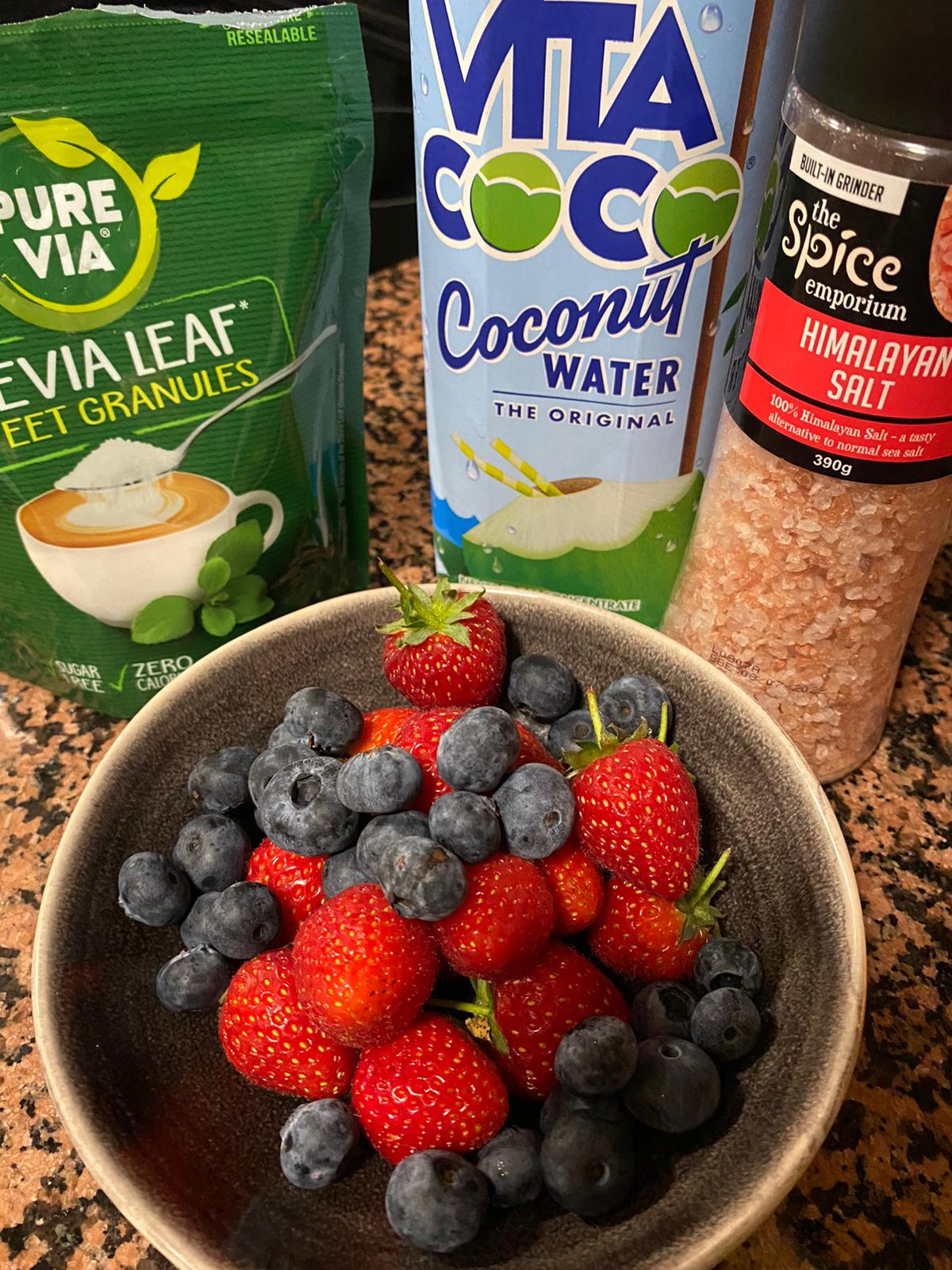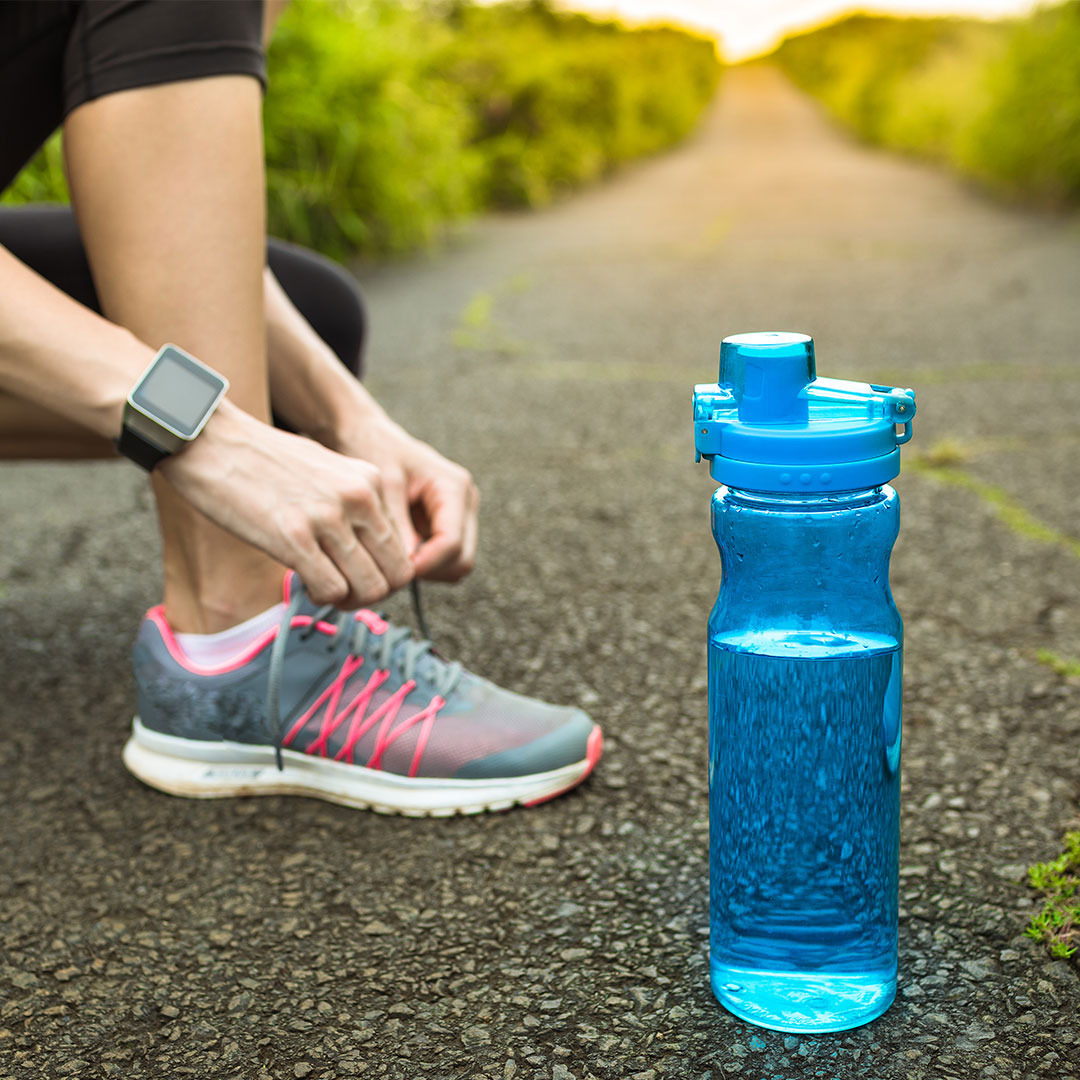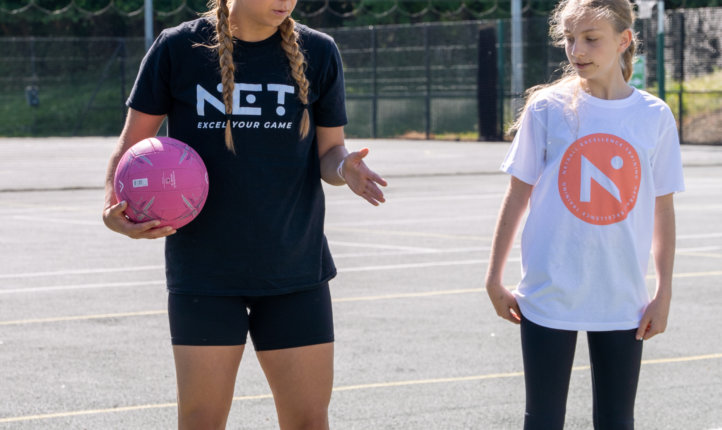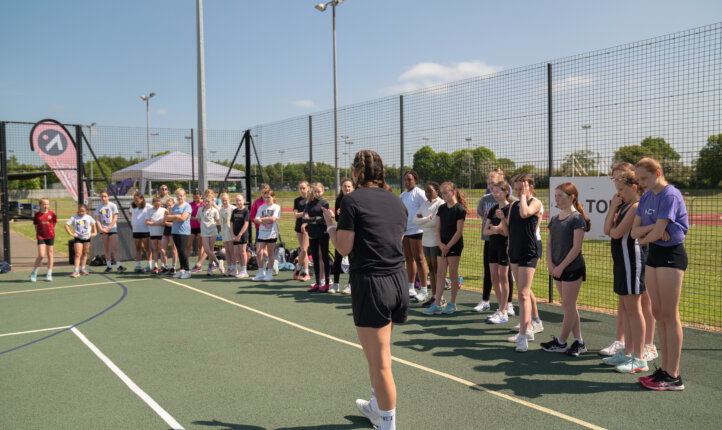September 1, 2020
NUTRITION: Hydration

Nutritionist and Personal Trainer, Lottie Thompson writes about the importance of protein in our diets.
“Hydration is very much a key aspect of performance. Even a 2% level of dehydration (loss of sweat equal to 2% of body weight) can start to reduce performance, so it’s easy to see why we can quickly suffer from headaches or fatigue.”
“As soon as you’re thirsty, you’re dehydrated”. Ever heard that saying? Well, there’s certainly some truth to it, and it’s good to know just how important hydration is to our well-being and health, as well as smashing our goals!
Water makes up about 60% of your bodyweight and is the most important chemical in your body. Hydration is very much a key aspect of performance. Even a 2% level of dehydration (loss of sweat equal to 2% of body weight) can start to reduce performance, so it’s easy to see why we can quickly suffer from headaches or fatigue. If you are edging towards 5%+ then your capacity for work and indeed exercise can be reduced by around 30%. Think about your reaction times, speed, agility, all are essential aspects of netball performance that can quickly be hindered by dehydration. Couple this with the likelihood that you will have a headache, or nausea, cramping, or stomach pains, and you have a recipe for disaster. Despite these serious effects, many athletes do not seriously consider the effects of hydration on athletic performance.
What Does Water Do For Me?
Our blood is made up of lots of different components, with water being a big part of it. Water helps regulate our body temperature, primarily through sweat, as there is an optimum temperature for the human body, and movement outside this range can have quite serious consequences. Our muscles also require water in order to produce a muscle contraction, and fluid balance is essential for reducing heat stress. Being hydrated during performance prevents the excessive breakdown of an energy source called glycogen in our muscles, which can lead to early fatigue when exercising – we would normally use these stores to fuel our activity, but dehydration speeds up this process which can cause lactate build up much too early. When our muscles fatigue, it increases the risk of injury too! Think about your joints too – they’re cushioned with a fluid that is perfectly formed to lubricate and protect the joints…wonder what that’s made of?!
The heart can also benefit from the body being hydrated – hydration helps to maintain a healthy blood pressure when we exercise (of course our heart rate and blood pressure naturally go up at this point), so it prevents your heart from having to work excessively hard to maintain that normal blood pressure. Your circulation can be affected by your level of hydration too – optimum hydration can help to improve blood flow, which is essential for the delivery of oxygen and other nutrients to the working muscles. Good circulation can also help the body remove metabolic waste products such as the lactate previously mentioned, so can help reduce fatigue.
Staying hydrated also improves blood flow and circulation and thus the delivery of oxygen and nutrients to working muscles. Good hydration also helps remove metabolic by-products and waste from muscles, while replacing the water that is lost through sweat.
Hydration can also affect muscle growth and development. Athletes have previously been found to have more stress hormones (cortisol) in their blood when they are dehydrated – which can reduce the level of testosterone, which is very important for muscle growth.
Exercise causes a natural rise in our body temperature, which is exacerbated if we are dehydrated. If we are dehydrated, our body temperature rises quicker due to the lack of ability to sweat as much and the decreased skin blood flow (a cooling technique). Couple this with non-breathable clothing and the increase in body temperature can quickly start to decrease performance output.
Get Glugging…
Consuming liquids replaces the fluids that we lose through our sweat in exercise. There is no perfect amount of water that should be drunk; our fluid needs are very individual, and change based on our activity, the intensity of our activity and how trained a person is – the more highly trained the person, the more they are likely to sweat more, therefore needing more water. A good estimation is to aim for 3L of water a day, and adjust with environmental and physical demands. It is important to be hydrated before, during and after exercise, to help achieve maximum performance. This can be just water, or you can go down the electrolyte sports drink route, if you’re going towards 1hr of high intensity exercise or exercise in the heat. This is to help replenish the salts and simple sugars that we sweat out and use during exercise. Consider your digestion though – something high in sugar and salt may not sit well in your tum!
If you need to know whether you’re hydrated, just have a look at your pee! A very light straw colour is what we’re after (unless you’ve had a luminous sports drink!) to be hydrated, and again that’s before, during andafter exercise, as well as just day to day. If it’s not, get a glass of water down your neck, and your brain light bulb may shine that little bit brighter, and your legs might feel that little bit lighter!
A NOTE FROM THE COACH

“During lockdown, I have been focusing a lot on my fitness. I have doubled up my days to include two workouts (one strength and one cardio) as well as including lots of netball skill practices. As a result, I have been sweating far more than I would usually care to admit. Despite begin proud of the ‘sweat or rain’ post-workout selfies posted on my IG page, I also realised that my increased sweat was a result of my increased fitness – something that I was chuffed about. The heatwave in August however meant that my regular training was turned upside down as it was too hard to push myself to the same limits in the increased temperatures, however I found that by using electrolyte drinks I was able to replenish and rehydrate my body quicker after exercise making the workout seem even more worth it. Want to give it a go? Try Lottie’s at-home electrolyte recipe below! Don’t have time for the kitchen? Lottie recommends Awesome Supplements Electrolyte drink for when you are short on time.”
Homemade Electrolyte Sports Drink
- 1 glass filtered water
- 1 glass coconut water
- ¼ tsp of sea salt
- ½ tsp honey (Vegan? Try Maple Syrup)
- Juice of ½ lemon
- Any fruits you want to chuck in! (If you want some of the fruit flavour, crush them up a bit before adding)
Combine all the ingredients, making sure that the salt and honey dissolve (you could make it with warm water and then cool it to ensure this happens!)
There are so many possible combinations – lime instead of lemon, a dash of fresh orange juice to add more flavour.
Try to stick to natural sweeteners to avoid the artificial sweetener headache!













